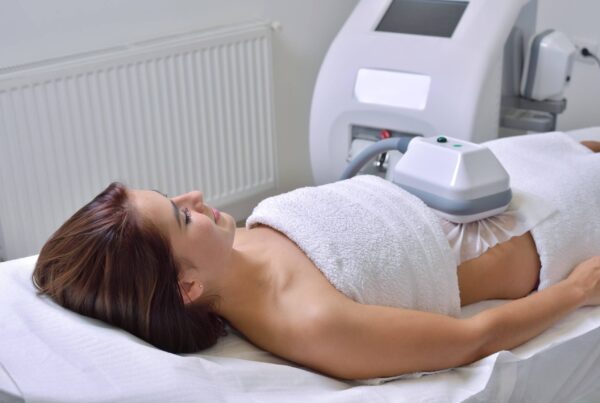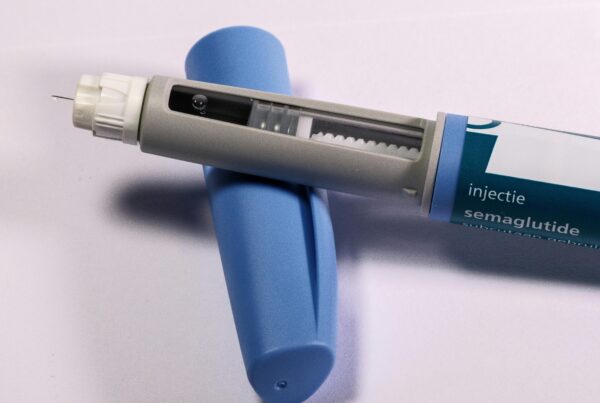And What to Do Now…
IV therapy has surged in popularity across med spas, wellness clinics, and aesthetic practices. But in Ohio, new regulations are turning up the heat on how it’s delivered and who’s allowed to deliver it.
On May 15, 2025, Ohio’s Medical, Pharmacy, and Nursing Boards issued a joint regulatory statement that directly affects IV therapy clinics and med spas across the state. The tone? Serious. The implications? Even more so.
If you’re offering IV therapy in Ohio – or thinking about it – here’s what you need to know to stay compliant, protect your business, and ensure the highest standards of care for your patients.
Why This Statement Matters
In the joint release, Ohio’s health boards expressed “concern about the lack of industry-specific guidelines” and the potential harm to citizens due to inappropriate diagnoses, improper drug preparation, and unlicensed administration of IV medications.
Translation: too many clinics are cutting corners, and the state is stepping in to set a higher bar.
This isn’t just an opinion piece, it’s a roadmap for enforcement.
What the New Guidelines Say
Here’s a breakdown of the key requirements and clarifications in the May 15th joint statement:
1. Only Qualified Prescribers Can Diagnose and Prescribe
Only Physicians, Physician Assistants (PAs), or Advanced Practice Registered Nurses (APRNs) with prescriptive authority can:
- Diagnose patients
- Prescribe IV medications
- Oversee the treatment plan
If someone on your team doesn’t fall into those categories, they legally can’t initiate IV therapy services.
2. Standing Orders Are Out
Ohio prohibits standing orders and pre-set protocols that allow IV therapy without a proper prescriber-patient relationship.
Specifically, Ohio Administrative Code Rule 4729-3-12 makes it clear: each IV treatment requires a real evaluation by a qualified prescriber. No shortcuts.
3. Telehealth Is Allowed—but Standards Remain High
A provider can establish a prescriber-patient relationship through telehealth, but the standard of care must match an in-person visit. So yes, remote is allowed, but quality and documentation still matter. Spakinect is the industry leader in good faith evaluations and knows the importance of compliance. We are here to help.
4. Unlicensed Individuals Can’t Administer IV Drugs
Only licensed medical professionals may prepare or administer IV medications. That means aestheticians, MAs, or front desk staff are not allowed to run these treatments.
What This Means for Med Spa Owners
This isn’t just about Ohio. It’s a signal to the rest of the country.
The language in this statement is a red flag for practices that:
- Rely on protocols written months ago
- Allow non-prescribers to “recommend” or start IVs
- Operate without a true medical director or compliant clinical oversight
The risk of enforcement actions, fines, or even license suspension is real.
More importantly, the duty to protect patients is front and center. This regulation is about making IV therapy safer, smarter, and more aligned with medical best practices.
How Spakinect Can Help
Spakinect has built our platform to handle compliant Good Faith Exams for you.
- Every patient receives a real-time evaluation from a licensed Nurse Practitioner (NP)
- No standing orders – Each patient receives an individualized Good Faith Evaluation (GFE).
- Telehealth options let your patient get the care they need, on-site or from home
- Clinical documentation is securely stored and accessible
- You stay protected, and your patients stay safe
Final Thoughts: Stay Ahead of the Curve
Regulations are tightening and Ohio is just the beginning. If you’re in this industry for the long haul, now’s the time to get your compliance house in order.
Don’t wait for a warning letter. Make sure your protocols, staffing, and platforms meet (or exceed) current regulations.
Ready to stay compliant and protect your med spa?
Talk to one of our experts today and see how Spakinect makes IV therapy compliance simple, safe, and scalable.






